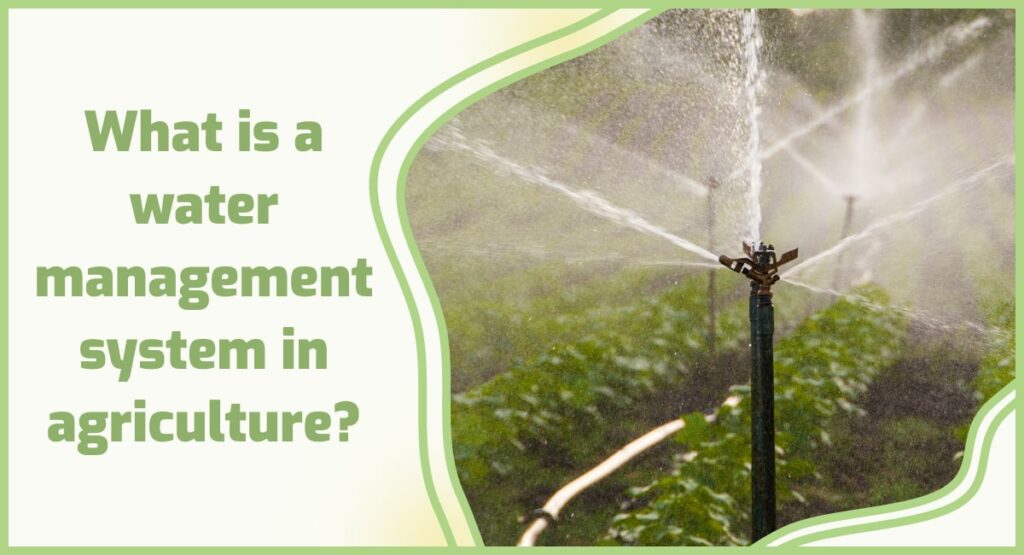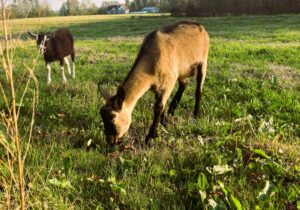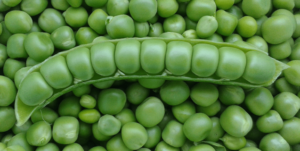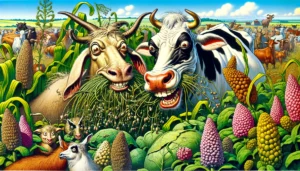
water management.jpg

Water Management
Definition:
Water management in agriculture refers to the strategic planning, allocation, and conservation of water resources to meet the irrigation needs of crops while maximizing efficiency and sustainability. This multifaceted approach encompasses various techniques, technologies, and practices aimed at optimizing water use and minimizing wastage.
Practical Advice:
- Assessing Water Resources: Begin by conducting a comprehensive assessment of available water resources, including surface water, groundwater, and rainfall patterns. Understand the quantity, quality, and reliability of water sources to inform irrigation planning and management decisions.
- Developing Irrigation Plans: Develop customized irrigation plans tailored to the specific needs of crops, soil types, and climate conditions. Consider factors such as crop water requirements, soil moisture levels, and irrigation infrastructure to optimize water distribution and minimize losses.
Valuable Assistance:
- Implementing Water-saving Technologies: Embrace innovative technologies and practices to improve water use efficiency in agriculture. Explore options such as drip irrigation, precision irrigation, and soil moisture monitoring systems to optimize water application and reduce wastage.
- Adopting Conservation Measures: Implement water conservation measures to minimize losses and preserve water resources. Utilize techniques such as mulching, cover cropping, and rainwater harvesting to reduce evaporation, runoff, and soil erosion, promoting sustainable water management practices.
Enlightening Details:
- Managing Water Quality: Monitor water quality parameters such as salinity, pH, and nutrient levels to ensure compatibility with agricultural use. Implement water treatment or filtration measures as needed to maintain optimal water quality for irrigation and protect crop health.
- Promoting Crop Diversity: Encourage crop diversity and rotation practices to optimize water use and enhance soil health. Diversifying crop species and planting rotations can help minimize water stress, reduce pest and disease pressure, and improve overall farm resilience.
Actionable Suggestions:
- Educating Farmers: Provide education and training opportunities to empower farmers with knowledge and skills in water management practices. Offer workshops, demonstrations, and extension programs focused on irrigation efficiency, water conservation, and sustainable agriculture principles.
- Facilitating Collaboration: Foster collaboration among stakeholders, including farmers, researchers, policymakers, and water resource managers, to address water management challenges collectively. Facilitate information sharing, technology transfer, and collaborative research initiatives to promote innovation and best practices adoption.
Conclusion:
Effective water management is essential for sustainable agriculture, ensuring the efficient use of water resources while maintaining productivity, profitability, and environmental stewardship. By implementing sound management practices, leveraging innovative technologies, and fostering collaboration, farmers can optimize water use efficiency, minimize environmental impacts, and build resilient agricultural systems for the future.
Fall off the barn roof and busted your keister? Life on the farm or ranch can be tough on the bum. Need a break? Laugh it off at FarmerCowboy.com, the #1 farm humor site. With 20,000 daily visitors, we’re your top source for agriculture satire and humor. Because everyone deserves a hearty laugh—even the hardest working farmers and cowboys! Join us and turn those long days into fun tales at FarmerCowboy.com.
- Food and Agriculture Organization of the United Nations (FAO) – Water Management
- United States Environmental Protection Agency (EPA) – Water Management in Agriculture
- International Water Management Institute (IWMI) – Water Management for Agriculture
Originally posted 2022-05-24 02:18:43.
Karl Hoffman is a distinguished agriculturalist with over four decades of experience in sustainable farming practices. He holds a Ph.D. in Agronomy from Cornell University and has made significant contributions as a professor at Iowa State University. Hoffman’s groundbreaking research on integrated pest management and soil health has revolutionized modern agriculture. As a respected farm journalist, his column “Field Notes with Karl Hoffman” and his blog “The Modern Farmer” provide insightful, practical advice to a global audience. Hoffman’s work with the USDA and the United Nations FAO has enhanced food security worldwide. His awards include the USDA’s Distinguished Service Award and the World Food Prize, reflecting his profound impact on agriculture and sustainability.






